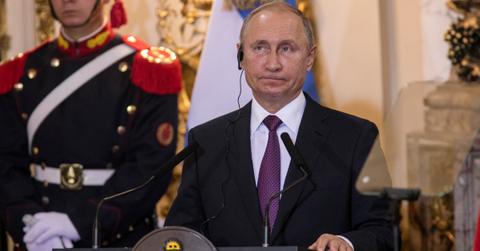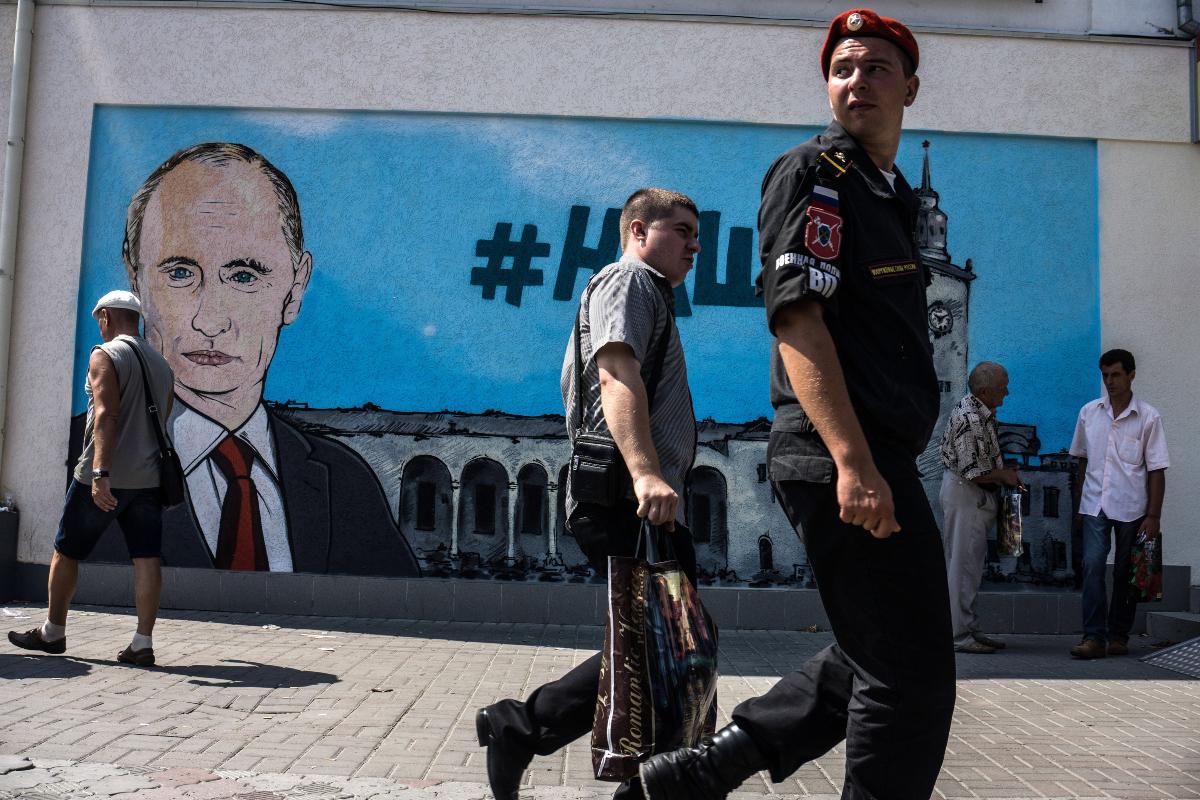Russia Is in Default on Its Sovereign Debt — Here's What Happens Now
Russia entered foreign default debt on June 26, 2022. What happens now, and how does Russia falling into default impact the world?
June 27 2022, Updated 11:39 a.m. ET
The crippling sanctions that Western nations have imposed on Russia for its invasion of Ukraine have taken a toll on the country’s economy. As of June 26, 2022, Russia is in default on its debt. So, what happens now?
U.S. President Joe Biden placed a ban on Russian oil imports in March, with the U.K. and Canada implementing their own oil import bans from the country as well. Other countries have followed suit and boycotted Russian oil. There have been massive repercussions for Russia since it relies heavily on energy exports.
Analysts predicted that the default would happen.
Many analysts including Simon Waever, Morgan Stanley's head of emerging-market sovereign credit strategy, suggested earlier this year that a Russian debt default was imminent. Credit rating agencies also shared the same beliefs, and downgraded Russian sovereign debt to junk.
Russian bond prices have plummeted this year. Some even traded at a discount of 70 percent to the face value, which was a warning sign that the default was imminent.
Also, Russia stopped coupon payments to foreigners owning ruble-denominated bonds, which hampered the country’s ability to raise foreign capital in the future, even if it didn't default.
This is Russia's first default in over a century.
This is the country's first foreign default since 1918, which was when the country rejected all sovereign debt when it was under the control of the Soviet Union. Russia has reportedly made the bond payments that were due, but the payments are blocked due to Russia having sanctions on various payment exchanges. This will likely result in litigation. The country can claim that it made the payments, so it isn't technically in default.
What happens now that Russia has defaulted on its debt?
If the default ruling stands, the sovereign debt defaults can have a domino effect and global repercussions. While Russia’s share of the global GDP is nowhere near that of the former Soviet Union, it's still the world’s 11th largest economy.
Stephen Roach, an economist and a senior fellow at Yale University, thinks that a Russian debt default would hit emerging markets including China. He said, “If Russia does default on its debt ... there will be broad spillover effects to sovereign debt in emerging markets around the world and China will not be unscathed from that.”
The impact might be even bigger for emerging markets that mainly rely on oil imports to satiate domestic demand. A mix of falling currencies, rising energy prices, and a possible rise in bond yields would spoil the fiscal calculus of several emerging markets including India, which has so far refrained from voting against Russia at the U.N.
Defaulting on debt will have a long-term impact on Russia.
Russian President Vladimir Putin might have miscalculated several things when he decided to invade Ukraine. His miscalculations include the resolve of Ukrainian armed forces and political leadership, the West’s ability to hit it with punitive sanctions, bans on its oil and gas exports, and the overall costs of the war.
One thing that Putin might have got totally wrong seems to be the long-term costs of his belligerence. Investing in Russian stocks and bonds was already risky and there was a significant risk premium, as is reflected in the depressed valuations of Russian stocks. With Russia defaulting on bonds, it further erodes the faith in the country as an investment destination. The Russian economy will continue to pay the price for Putin’s invasion of Ukraine for many years after the war ultimately ends.


